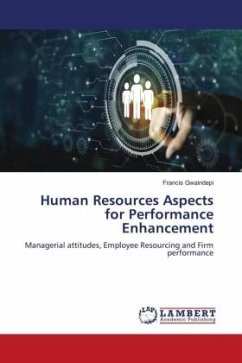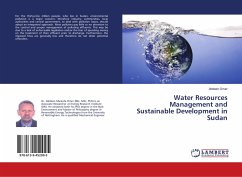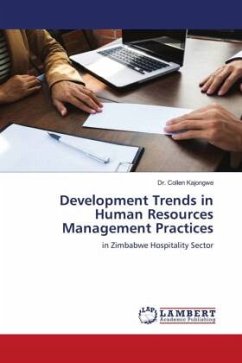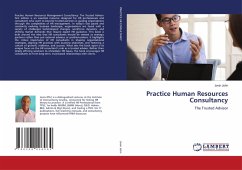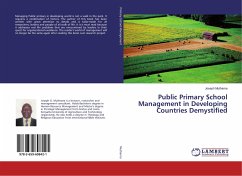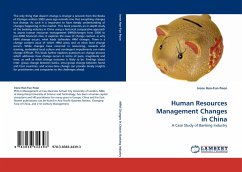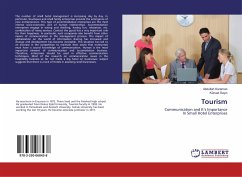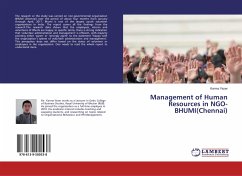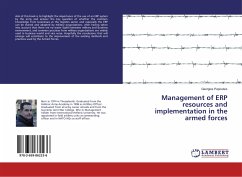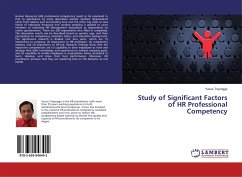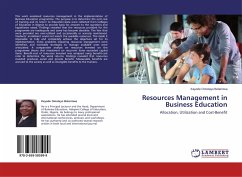
Resources Management in Business Education
Allocation, Utilization and Cost-Benefit
Versandkostenfrei!
Versandfertig in 6-10 Tagen
19,99 €
inkl. MwSt.

PAYBACK Punkte
10 °P sammeln!
This work examined resources management in the implementation of Business Education programme. The purpose is to determine the unit cost of training and its return to Education.Data were collected from Colleges of Education in Nigeria to provide basis for answers to the questions and hypotheses raised. Findings revealed that the resources provided for the programme are inadequate and some has become obsolete. The few that were provided are over-utilized and occasionally or scarcely maintained. Students enrollment could not match the available resources. This made it impossible to fully and com...
This work examined resources management in the implementation of Business Education programme. The purpose is to determine the unit cost of training and its return to Education.Data were collected from Colleges of Education in Nigeria to provide basis for answers to the questions and hypotheses raised. Findings revealed that the resources provided for the programme are inadequate and some has become obsolete. The few that were provided are over-utilized and occasionally or scarcely maintained. Students enrollment could not match the available resources. This made it impossible to fully and completely achieve the objectives set for its implementation. Some problems impairing resources management were identified, and workable strategies to manage available ones were articulated. A comparative analysis on resources invested on the programme shows that investment on recurrent items exceeded capital items. Benefit-cost of resources invested was analyzed using benefit-cost ratio to determine the social returns. Findings revealed that resources invested produces social and private benefit. Measurable benefits are accrued to the society as well as intangible benefits to the trainees.



